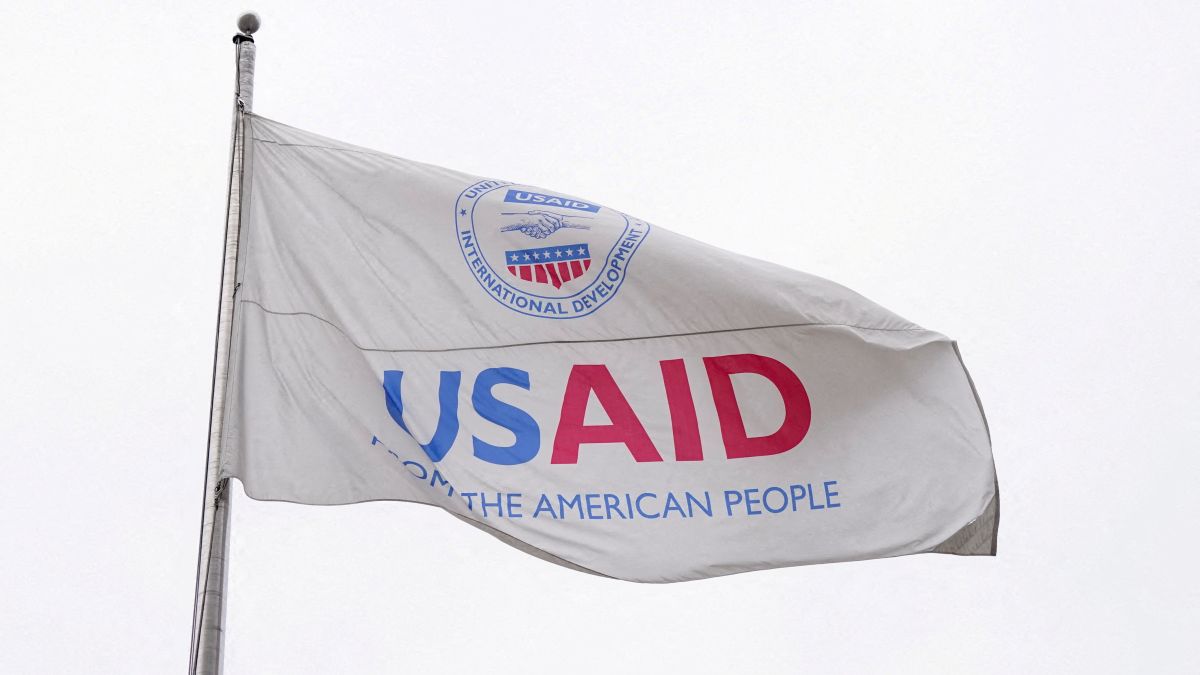The Trump administration has ordered the destruction of nearly 500 tons of emergency food worth $793,000 meant to feed starving people across the world, as part of the dismantling of USAID.
The wasted food will be turned into landfill or incinerated in the United Arab Emirates, two sources told Reuters. That will cost the US government an additional $100,000 in taxpayer money.
Why is the food being destroyed?
A former USAID official has told multiple news outlets that the food product in question is high-energy, nutrient-rich wheat biscuits, which have been sitting at a warehouse in Dubai for months.
Now, as they near their expiration date this month, authorities have decided to lay them to waste. The former official said that the destruction of the food could have been avoided before the Trump administration decided to dismantle the US Agency for International Development (USAID).
If the agency, which has been accused of waste and fraud by Trump, had continued working as usual, officials would have kept track of the expiration dates of the food aid. As the dates came close, they would have reached out to their colleagues in poverty-stricken countries to know who needed them.
‘Definition of waste’
A spokesperson for the State Department, which is now responsible for US foreign aid, confirmed in an email to Reuters that the biscuits would have to be destroyed. But they said the stocks were “purchased as a contingency beyond projections” under the administration of former President Joe Biden, resulting in their expiration.
The food aid stuck in Dubai was fortified wheat biscuits, which are calorie-rich and typically deployed in crisis conditions where people lack cooking facilities, “providing immediate nutrition for a child or adult,” according to the UN World Food Programme.
Impact Shorts
More ShortsThe WFP says 319 million people are facing acute levels of food insecurity worldwide. Of those, 1.9 million people are gripped by catastrophic hunger and on the brink of famine, primarily in Gaza and Sudan.
The destroyed food could have fed around 27,000 people for a month, according to a Reuters analysis using figures from the WFP. Those stocks were originally intended for USAID partners in Afghanistan and Pakistan.
With inputs from agencies


)

)
)
)
)
)
)
)
)



